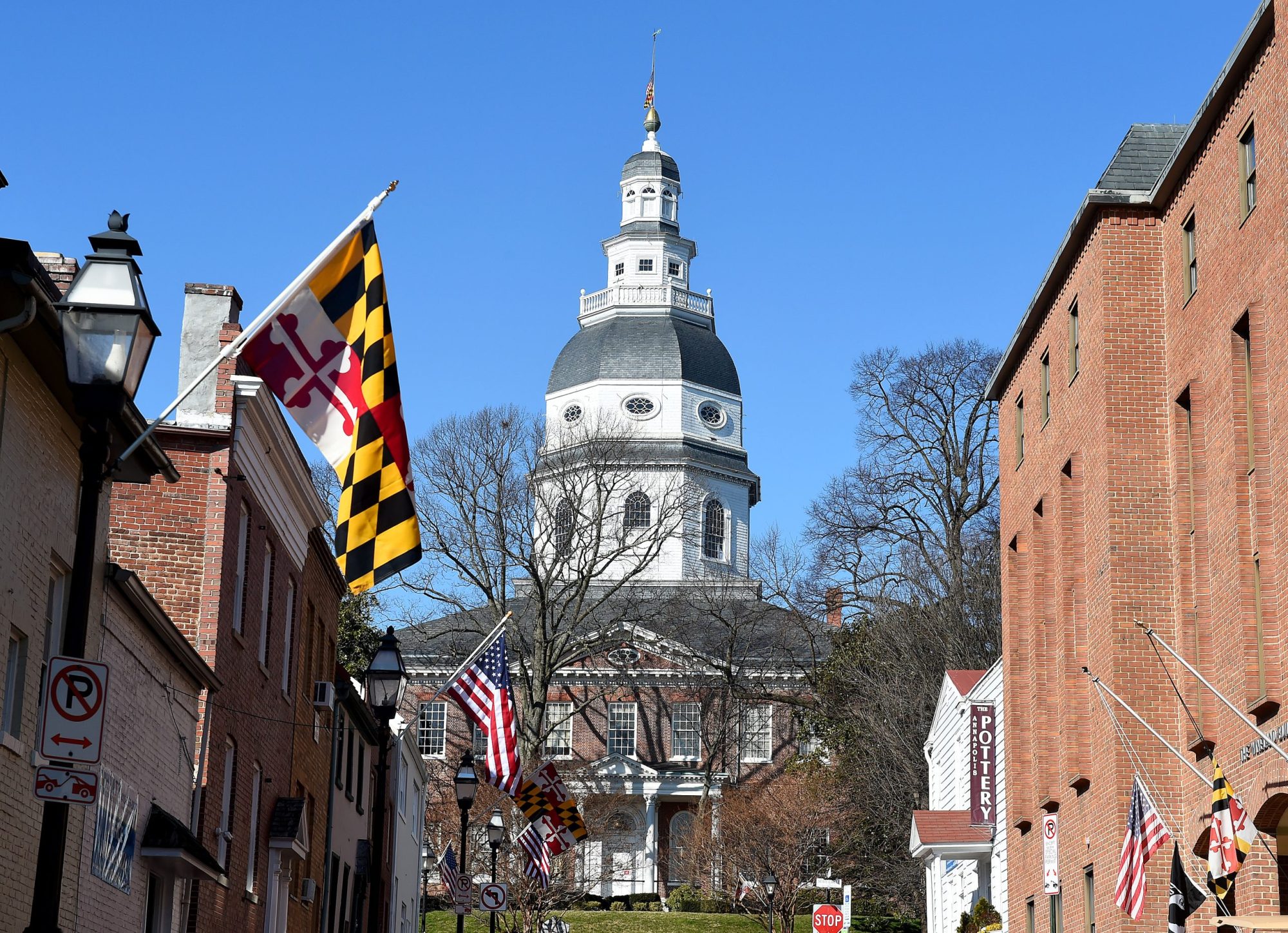The adage that politics creates strange bedfellows might be inadequate to describe the unlikely alliance forged between a purportedly liberal city government and a conservative Supreme Court to kill a bill that would loosen Maryland’s transparency laws.
The battle over a single line in the Maryland Public Information Act that connected the unlikely allies started with the introduction of a bill aimed at rebuffing a Supreme Court decision that has made it harder to obtain business records through public information requests.
Delegate Sandy Rosenberg introduced HB 712 in January to address the 2019 Supreme Court decision that lowered the legal threshold to deny records requests pertaining to business records. Previously, Maryland’s Public Information Act barred denying access to details of private firms’ business dealings with the state unless the release would cause “irreparable commercial harm.”
“Sunlight is the best disinfectant. Whether it’s a tax incentive or some other aspect of state government, they look upon it as a burden. But it’s an important part of the democratic process so that the public can evaluate the decision making behind government actions.”
Maryland State Delegate Sandy Rosenberg
Last week, the bill was withdrawn from the House Health and Government Operations Committee by Rosenberg after the city filed a formal opposition to the legislation. In the memorandum, the city argued that changing the statute would make it more difficult to guarantee business records could be kept secret.
“HB 712 would prevent businesses from providing confidential financial and business information to the government because there would be no guarantee that the government could keep that information confidential,” the city wrote to the committee.
“Rather, this bill would require the government to prove that information already kept confidential by the business would harm the business if disclosed.”
Rosenberg told TRNN that Baltimore was not the only municipality pushing back against the bill.
“It was really state agencies that were concerned about the effect. We kept trying to meet and address those concerns by drafting amendments, but it didn’t meet their needs.”
However, the veteran legislator said he was not giving up. He says he plans to reintroduce the measure next year.
“Sunlight is the best disinfectant. Whether it’s a tax incentive or some other aspect of state government, they look upon it as a burden. But it’s an important part of the democratic process so that the public can evaluate the decision making behind government actions.”
In the 2019 Supreme Court decision Food Marketing Institute v. Argus Leader Media, the conservative majority established a new precedent that the government could withhold any information that would “customarily” be considered private. It was a much lower bar for denying FOIA requests that transparency advocates worried could preclude releasing almost any details of business deals cut between government and commercial enterprises.
In the 2019 Supreme Court decision, the conservative majority established a new precedent that the government could withhold any information that would “customarily” be considered private.
“It could have a lot of implications for a lot of different categories of information that the community wants, particularly if government is relying more and more on the private sector to essentially outsource its obligations,” Alexander Abdo, litigation director at the Knight First Amendment Institute, told the journalism website Muckrock.
The ruling came under scrutiny in Maryland when a Baltimore circuit court judge used it to deny a local nonprofit seeking details of a closed-door deal related to a generous tax and subsequent profit-sharing agreement between the city and a developer.
The city had authorized a lucrative tax break for what was formerly known as the Legg Mason Building in 2009. The deal granted the building’s developers a tax subsidy worth tens of millions of dollars with the stipulation that, if the building was ever sold, the developers would share a percentage of the profit with the city.
In 2018, the building changed hands for a record $300 million. However, the city allowed developers to exit the profit-sharing agreement in exchange for a $1.5 million one-time payment. A local nonprofit, the Abell Foundation, sued for access to the details of the deal, but a circuit court judge essentially denied the request, citing the Supreme Court decision. This ruling prompted the introduction of HB 712 as an attempt to restore the previous standard.
This report is part of our ongoing investigative series which delves into the use of tax breaks to subsidize development in Baltimore and beyond. The centerpiece of this series is the documentary, Tax Broke, a film that revealed Baltimore city has granted hundreds of millions of tax breaks to spur growth in Baltimore without requisite transparency.



